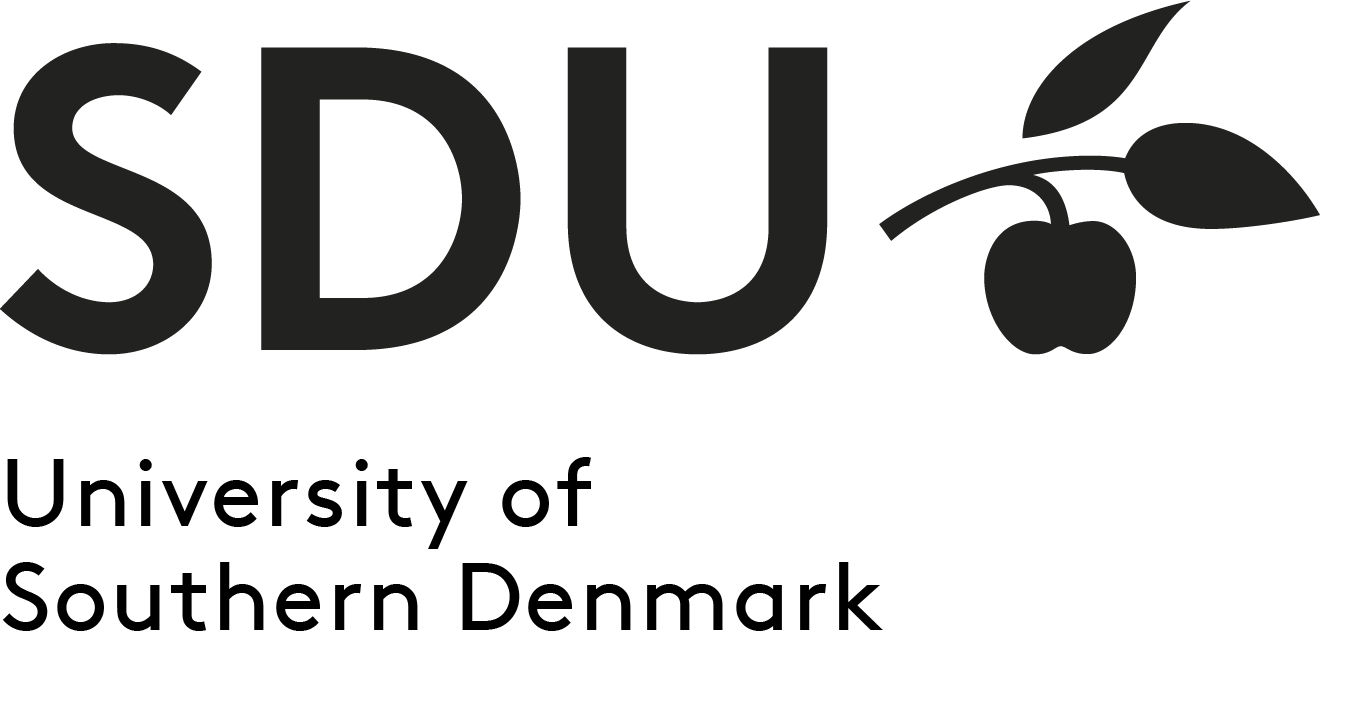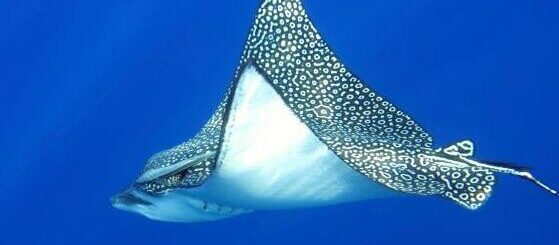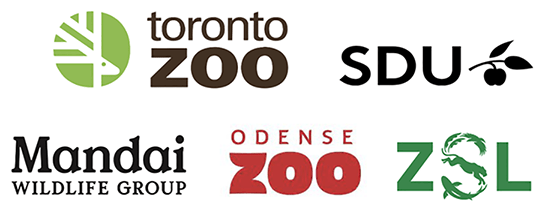Sharks and batoids (rays and skates) are now among the most threatened vertebrates on the planet. They are primarily threatened by overexploitation when caught as bycatch or as a targeted species in large-scale fisheries. One issue regarding this group of fish is the lack of species-specific data.
In the paper, “Standardized data to support conservation prioritization for sharks and batoids (Elasmobranchii)” published in Data in Brief, SDU and CSA graduate student Rikke Øgelund Nielsen together with 7 co-authors, collated and synthesized information on the 1,226 Elasmobranch species (i.e., sharks, rays, and skates) globally from a wide range of sources. In this paper they obtained, curated and standardized data from online databases, legal documents, press releases, and websites. The data were grouped into five categories: 1) biological information, 2) conservation status, 3) management opportunities, 4) use, and 5) inclusion in international conventions and treaties. For management opportunities, they included ex situ populations curated and shared by more than 1,200 Species360 member institutions in 99 countries using the Zoological Information Management System (ZIMS).
This data are comparable across databases and it is part of the Species Knowledge Index Initiative and will assist further research on in-situ and ex-situ population management for sharks and batoids. Additionally, it can be used by international policymakers, aquarium curators, management authorities, conservation practitioners, and scientists interested in prioritizing Elasmobranchs for conservation.
The study was led by former CSA Master- student Rikke Øgelund Nielsen under the supervision of Species360 Director of Science, Prof. Dalia A. Conde in collaboration with Dr. Johanna Stark, CSA research scientist, and 5 other co-authors from University of Southern Denmark and University of Hamburg. Rikke is continuing to work as part of the CSA-SDU team as a student helper while obtaining a second degree in Data Science.
Read the full article here.









